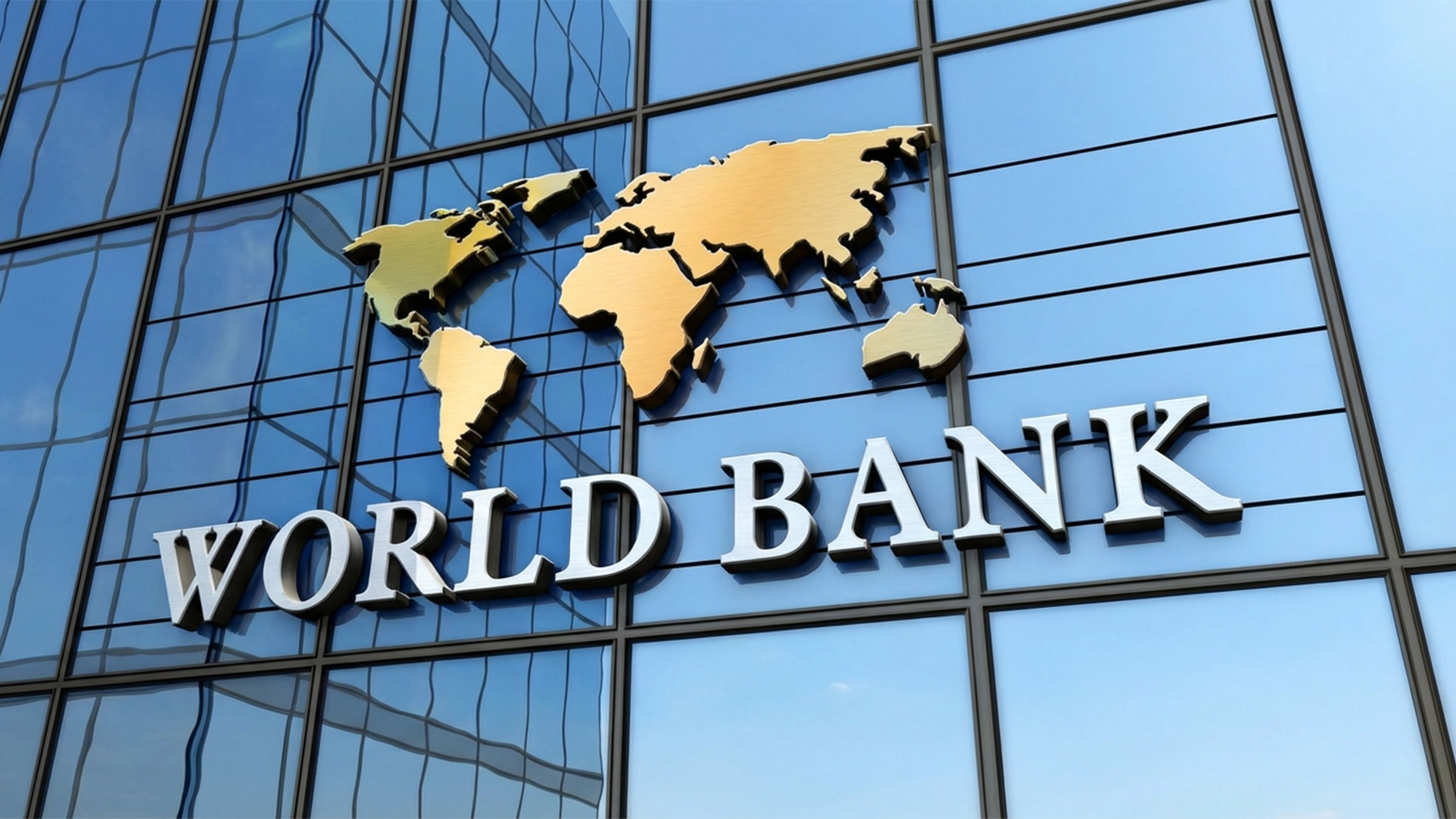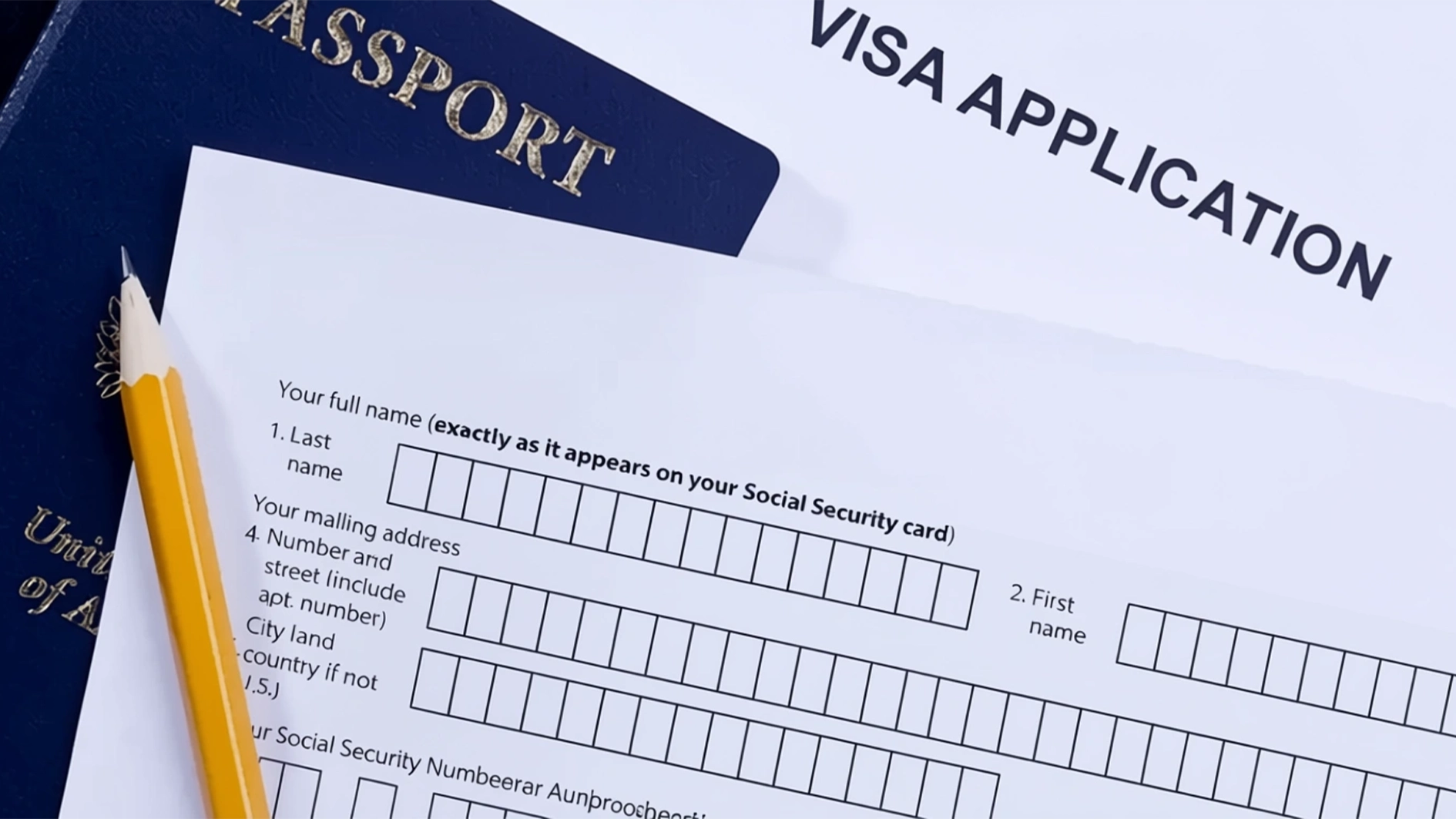The House of Representatives on Monday inaugurated an investigative hearing into the over $4.6 billion grants Nigeria received between 2021 and 2025 from the Global Fund ($1.8 billion) and the United States Agency for International Development (USAID) ($2.8 billion) for combating HIV/AIDS, tuberculosis, malaria, and strengthening health systems.
Chairman of the House Committee on Infectious Diseases, Amobi Godwin Ogah, said the probe is critical to ascertain how the funds were utilized and to ensure accountability in managing resources aimed at tackling these major public health threats.
Ogah recalled that during plenary on October 21, 2025, the House mandated the then Committee on HIV/AIDS, Tuberculosis, and Malaria Control (ATM) to investigate the matter.
He commended Speaker Tajudeen Abbas for renaming and expanding the committee’s mandate to cover broader infectious disease issues, reflecting a comprehensive approach to public health oversight.
“Nigeria continues to suffer from the heavy burden of HIV, tuberculosis, malaria, and other infectious diseases. While donor funds are mobilized to combat these challenges, the impact on the ground remains limited,” Ogah said.
He stressed that 90% of Nigeria’s interventions for these diseases rely on international partners, warning that the country will no longer accept being sidelined in the management of grants.
“Any grant or assistance given to us without oversight is unacceptable. Donor funds must align with Nigeria’s priorities,” he said.
Ogah directed the Ministry of Health and Social Welfare and the Country Coordinating Mechanism (CCM) to submit all implementation plans for approval by the National Assembly before funds are released.
He also revealed that the House is amending the NACA Establishment Bill to transform the agency into a multi-sectoral body with an expanded mandate. Once passed, it will be renamed the National Agency for the Control of AIDS, Tuberculosis, and Malaria (NACATAM).
The committee plans to work closely with the EFCC and ICPC to ensure full accountability from all principal recipients and implementing partners.
Ogah noted that some entities lacked proper or verifiable office addresses and warned that the era of unmonitored spending is over.
Minister of Health and Social Welfare, Dr. Muhammad Ali Pate, welcomed the probe, urging Nigeria to gradually reduce dependence on foreign aid and take greater responsibility for financing national health priorities.
He cautioned that underfunding, as health spending remains below 15% of the Abuja Declaration target, threatens program sustainability.
Speaker Tajudeen Abbas emphasized that the investigation aims to produce an evidence-based report on how grants were received, utilized, and their public health impact, thereby strengthening transparency, governance, and accountability in the health sector.






